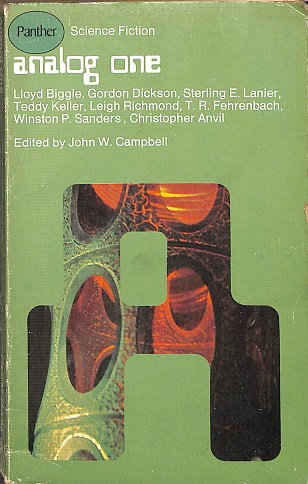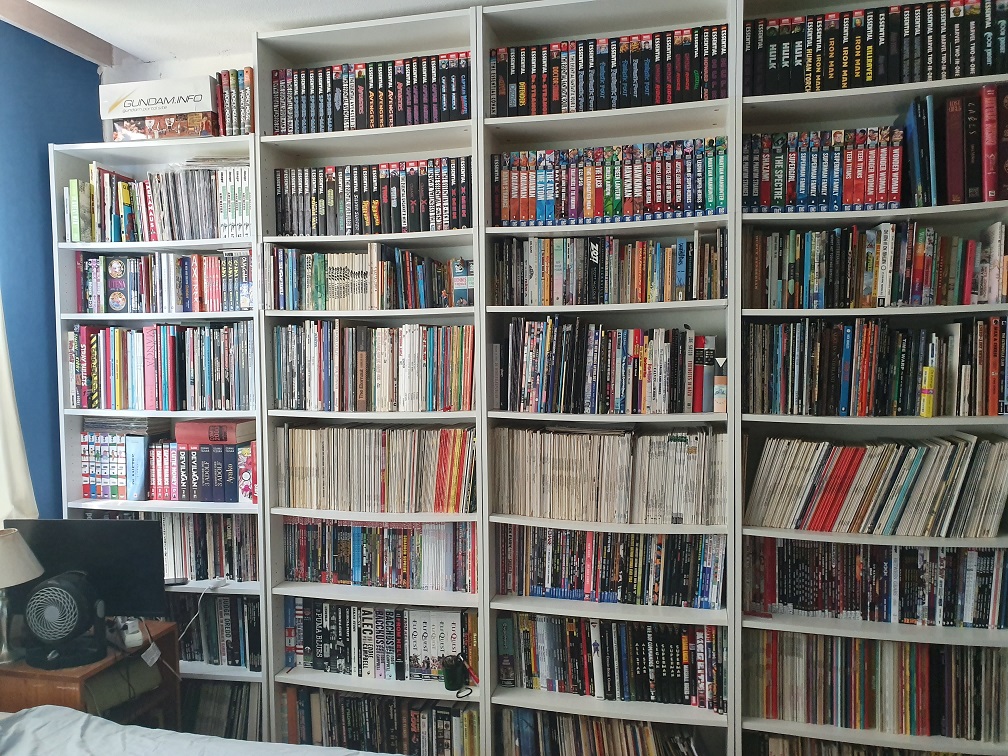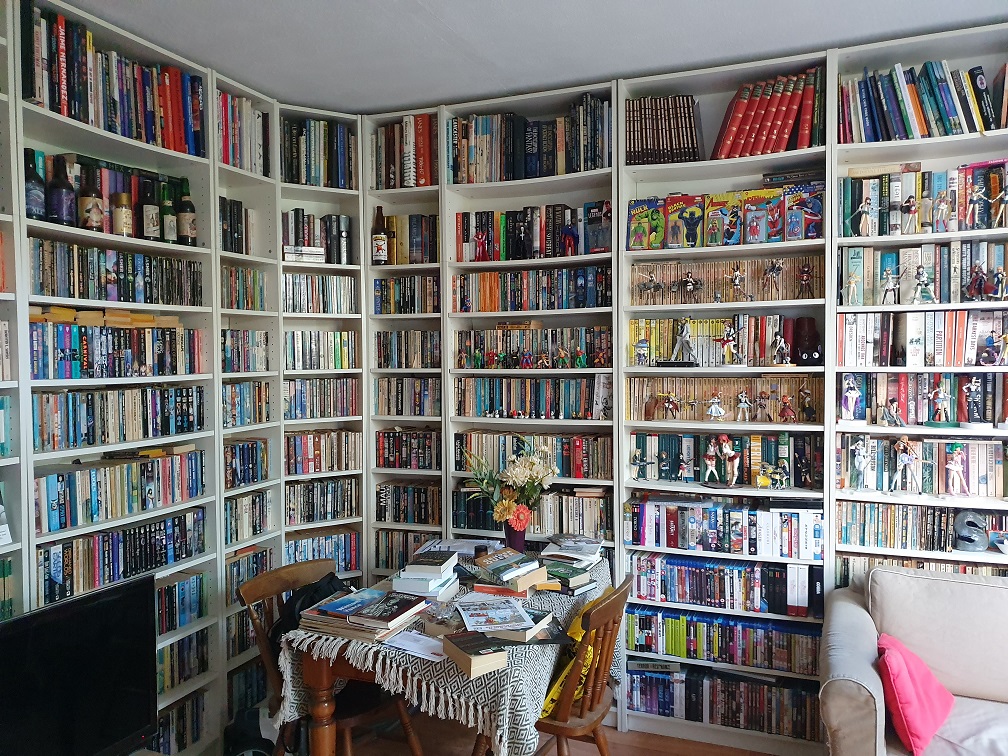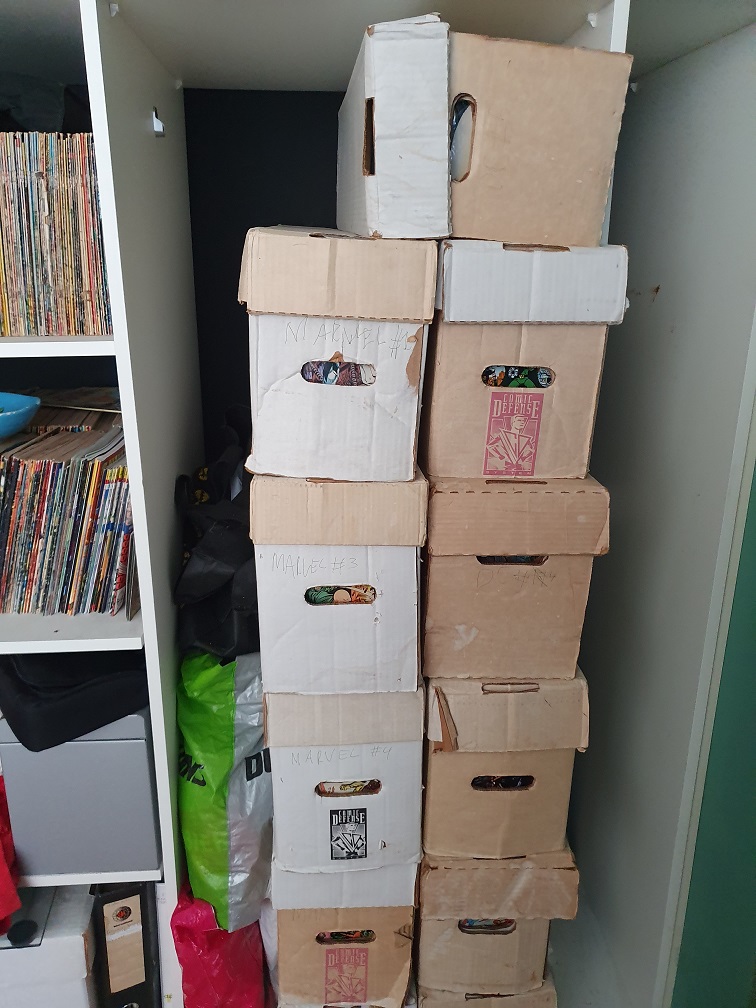So many of the books on my bookshelves came from this place:
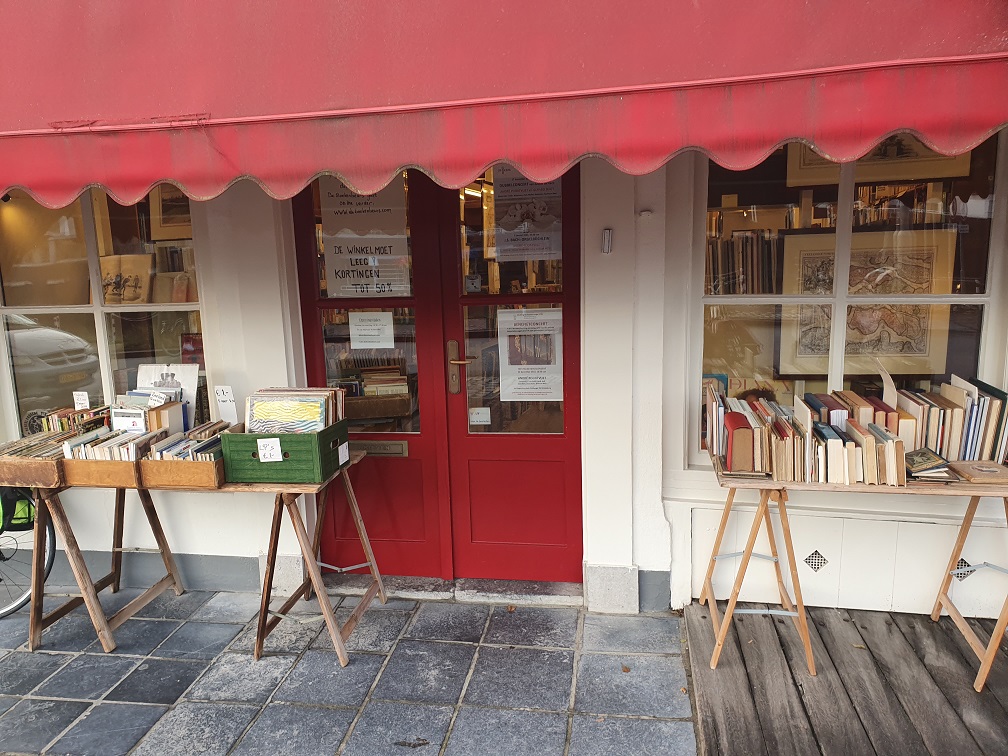
I used to have a set routine growing up in Middelburg in the eighties. Every other Saturday morning or so I would go to the local library, sometimes together with my mother, then on the way back home stop at this place, De Boekenbeurs, which was located just across the bridge from the library. There I would spent an hour or so carefully looking over its selections of secondhand science fiction and comics, deciding on what to buy now and what might still be available next time before parting with my hard earned pocket money. It was about the only bookstore in town that did carry science fiction and certainly the only one that a broke teenager like me could afford. After I moved to Amsterdam I’d still continue to visit every time I was back in my hometown because nine times out of ten I would find something interesting there. I did just that when I was visiting my parents for Christmas last December, but I won’t be able to anymore next time I visit, as today is its last opening.
It’s a familiar story for any independent bookstore I’d guess. De Boekenbeurs opened in 1982, founded by an ex-civil servant who wanted to strike out for himself. As many local bookstores, it always specialised in local history and such, most of which was of little interest to me, but it also kept more generic stock to fill its shelves. There was always a good chance of finding some unexpected gem among the airport thrillers and local celeb biographies. And then of course the internet happened, people found it easier to get their books online and the sort of serendipitous browsing that a local shop like that is ideal for fell out of fashion. The store reduced its opening hours, started selling online as well, but it was clear that, especially in the last few years, it had become a struggle for the owner, no longer that much fun. Which is why he decided to shut up shop, not having been able to find a buyer for it.
Nevertheless it managed to stay in business for forty years and a bit and I have been coming there almost as long. It was a life line for a nerd like me at a time when opportunities to read science fiction were limted to either buying secondhand or getting whatever the library deemed worthy enough to get. You need bookstores like this, somewhere where you can go in casually and be surprised at what you find on its shelves. Yes, it is easy enough to get what you want from the internet, but it’s the books you didn’t realise you wanted but were glad to find that you can only encounter in a store like this.
R.I.P. De Boekenbeurs. Thanks for your service and I’ll miss you.
